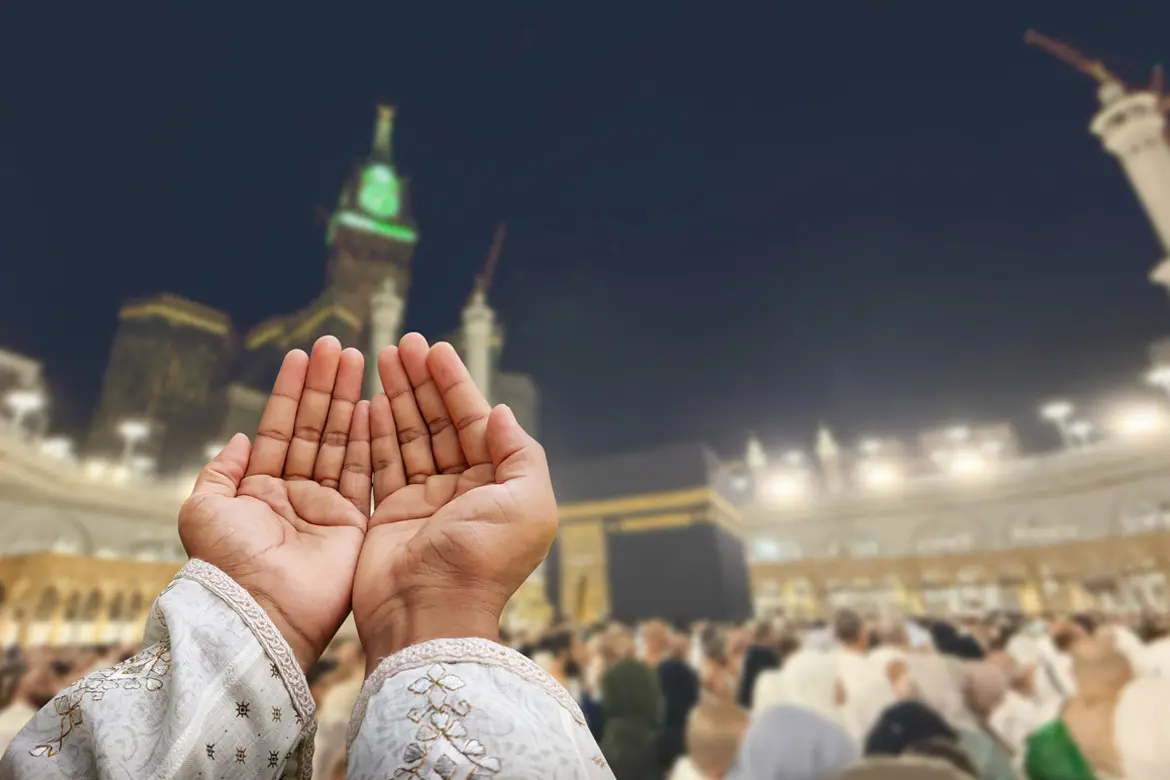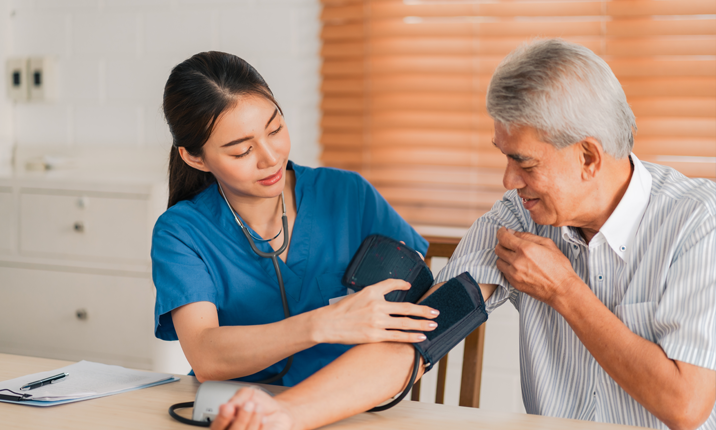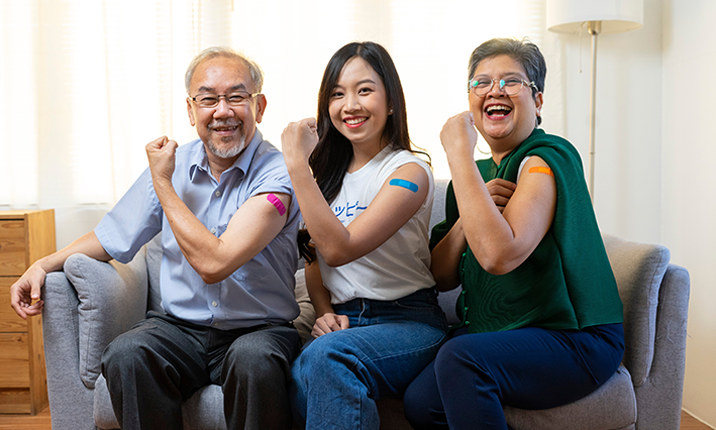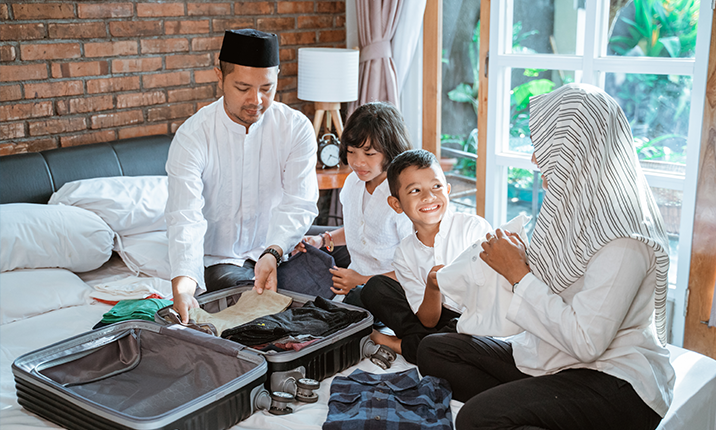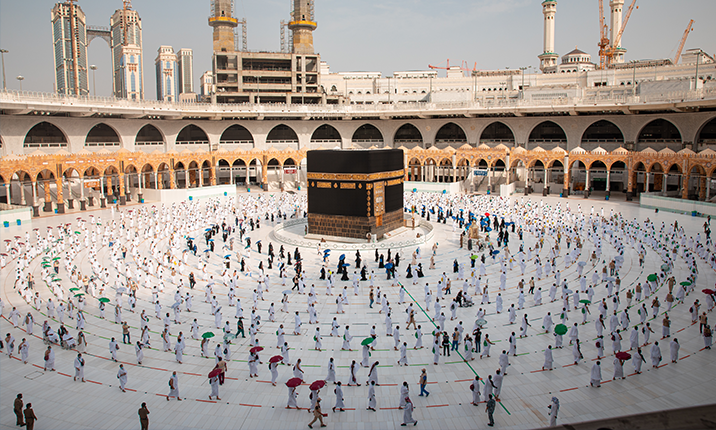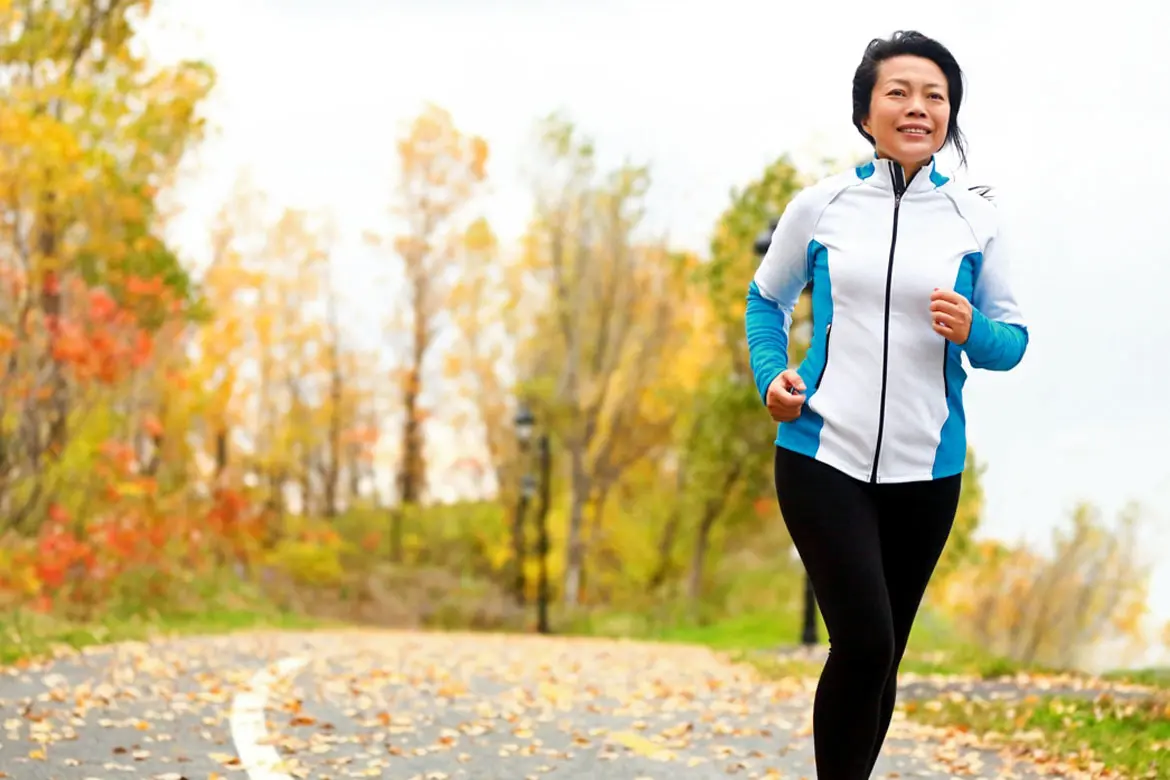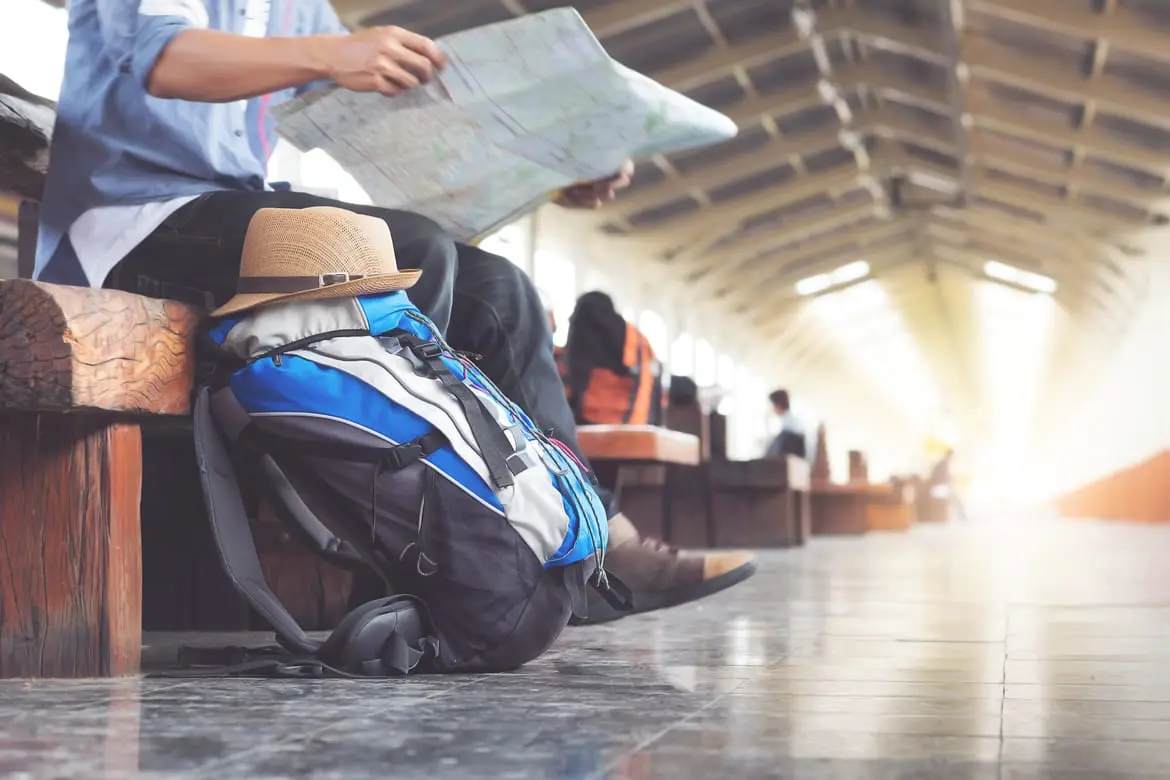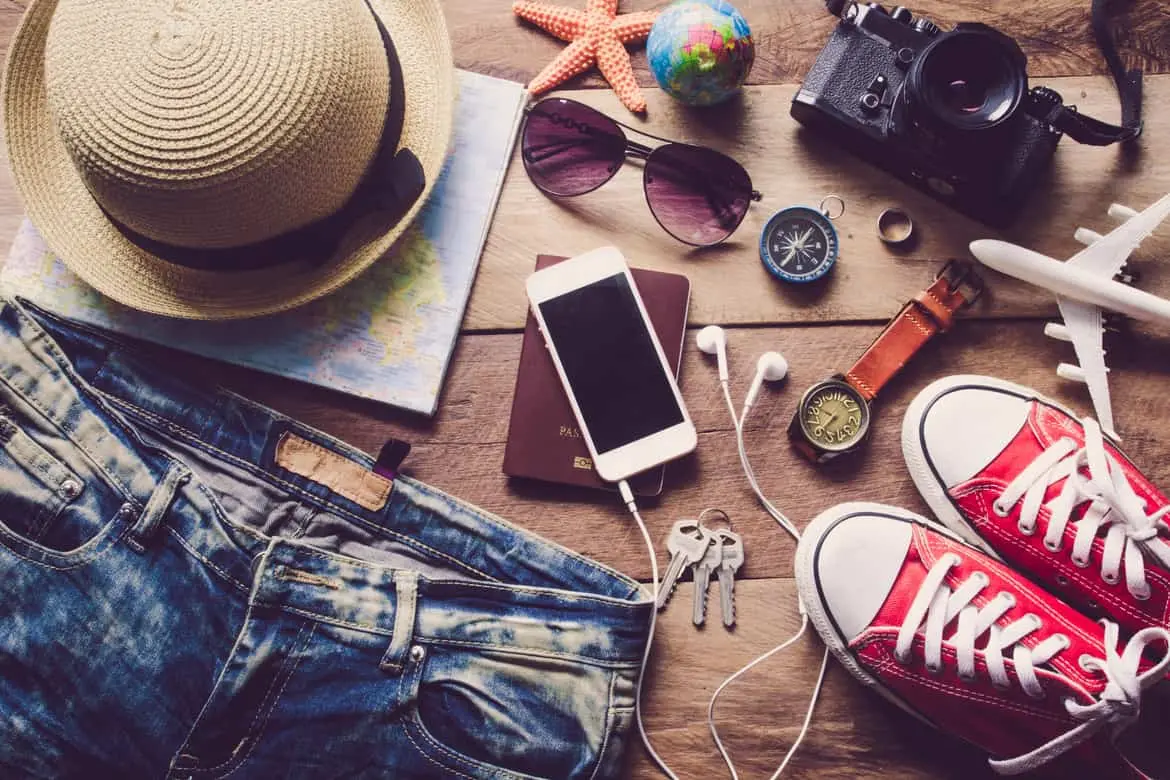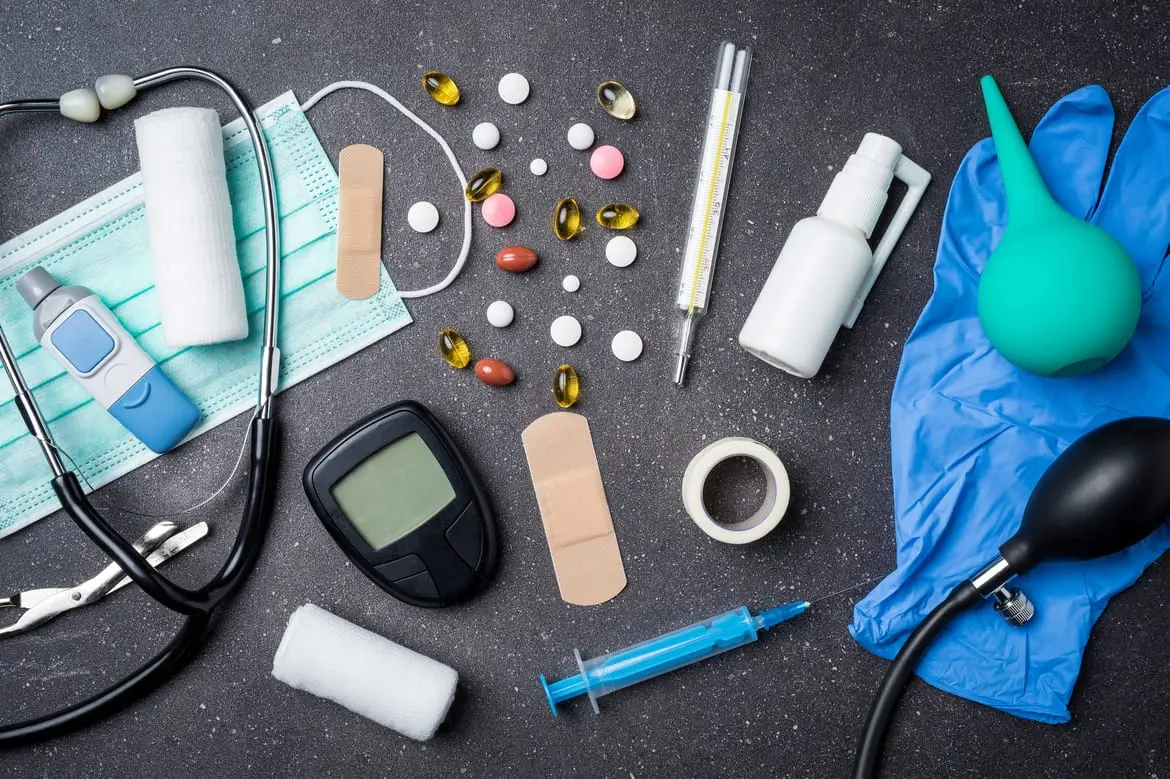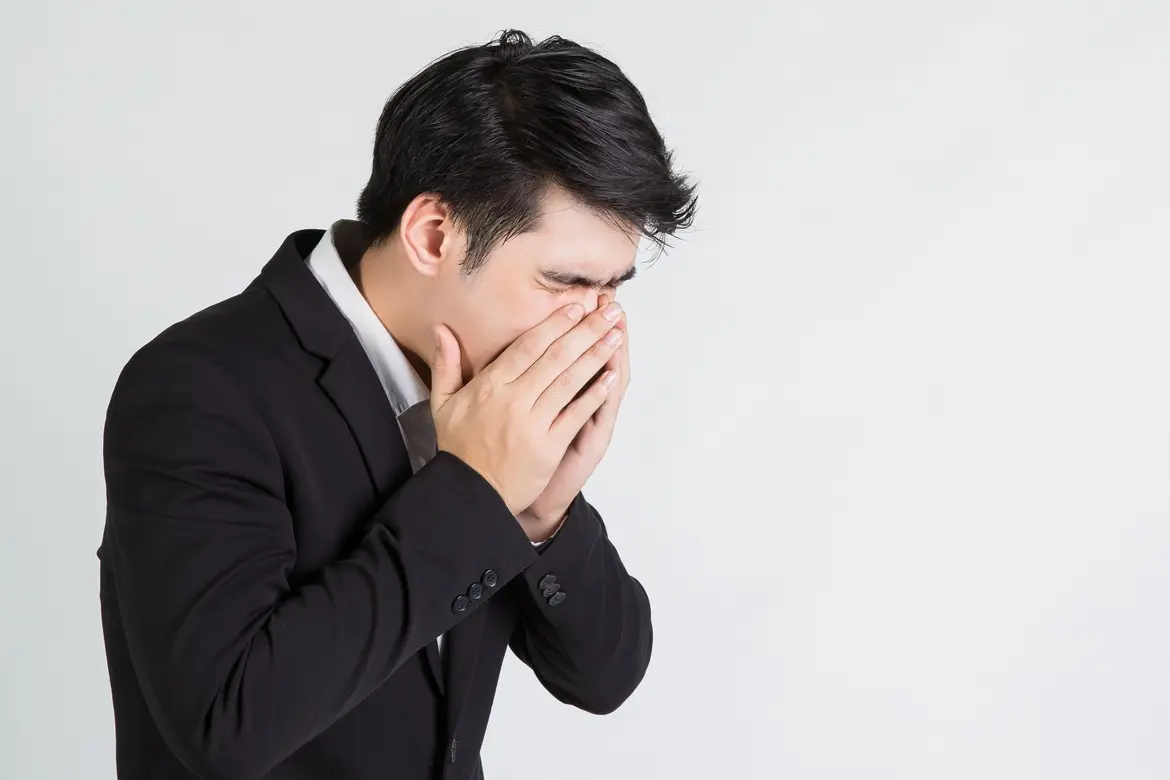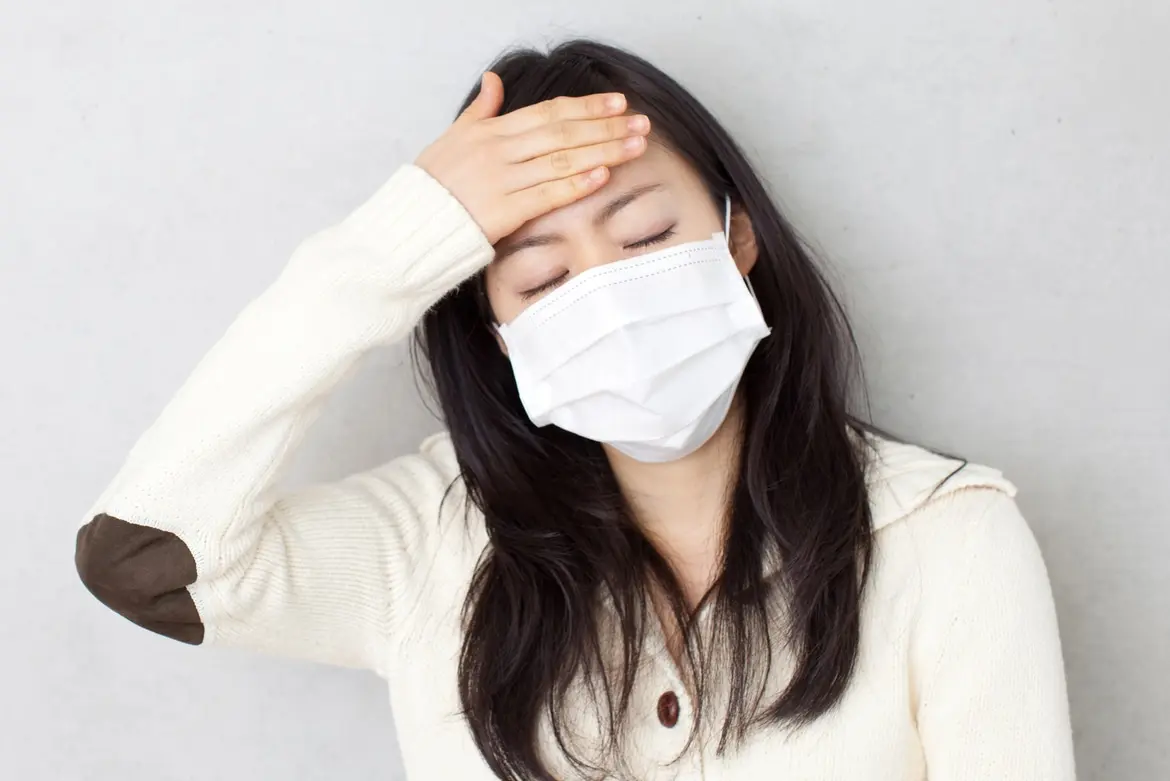For many Muslims, Haj is a once-in-a-lifetime journey – a time for reflection, renewal, and spiritual growth.
But it’s also a pilgrimage that tests both body and mind. From walking long distances in intense heat to navigating large crowds, good health preparation helps set you up for a safe and fulfilling experience.
From 2026 onwards, all Singapore pilgrims will need to meet new health requirements before they can perform Haj. If you’re planning to go, here’s what you need to know to stay healthy and travel with confidence.
1. Start with your pre-Haj medical examination
Under the latest requirements for Haj 2026 (1447H), all pilgrims must undergo a mandatory medical examination and obtain a health certificate confirming they are fit to travel.
This examination can be done at any GP clinic, including Parkway Shenton clinics, and is self-paid.
For the 2026 Haj pilgrimage, the certification period runs from 31 October to 21 November 2025. Be sure to book your appointment early, as clinics are likely to get busy closer to the deadline.
During your check-up, your doctor will review your medical history, current medications, and overall health, such as blood pressure, heart, and lung assessments. Simple lab tests may be done if needed.
How to qualify for Haj
To be certified fit for Haj, you will need to be free from serious or disqualifying medical conditions, including:
- Major organ failure (e.g. renal failure requiring dialysis)
- Severe neurological or psychiatric conditions that affect cognition
- Significant motor disabilities or dementia
- Pregnancy during the final trimester, or any high-risk pregnancy
- Active infectious diseases that pose a public health risk (e.g. active pulmonary tuberculosis, viral haemorrhagic fevers)
If you have chronic conditions such as diabetes, hypertension, or high cholesterol, don’t worry – you may still qualify if your condition is well-managed and stable. Work with your doctor early to review your medications and ensure your condition is well under control before departure.
Once certified, you’ll need to present your health certificate for verification when booking your travel package. Successful applicants will receive their Letter of Offer via the MyHajSG portal on 1 December 2025, and must purchase their Haj package from MUIS-appointed travel agents by 15 December 2025.
2. Get your recommended vaccinations
Before departure, make sure your vaccinations are up to date. This protects both you as well as the millions of other pilgrims making the journey.
Mandatory vaccinations
- Meningococcal ACWY vaccine – Must be completed at least 10 days before travel. Valid for 5 years if you receive the quadrivalent conjugate vaccine.
- COVID-19 vaccine – You must show proof of immunisation against COVID-19, including at least one of the following:
- A single dose of the updated COVID-19 vaccines for the 2025 – 2025 season, or
- Completion of the primary vaccination series (two or more doses received during 2021 – 2023), or
- Laboratory-confirmed recovery from a COVID-19 infection in 2024.
- Influenza (flu) vaccine – Should be received within 12 months before your travel date.
Recommended vaccinations
- Pneumococcal vaccine – Recommended for children below 5, adults aged 65 and above, and individuals between ages 5 – 64 with certain medical conditions.
- Routine vaccines – Other nationally recommended vaccinations include: measles, mumps and rubella (MMR), varicella (chickenpox), hepatitis B (for both children and adults), and diphtheria and polio vaccinations (for children).
These vaccines are readily available when you walk in to Parkway Shenton’s dedicated vaccination clinics at Esplanade MRT, Ang Mo Kio, Bedok, and Harbourfront. You can also call your preferred clinic location to check vaccine availability.
3. Plan ahead for a smooth journey
Haj can be physically and mentally challenging. Preparing early helps you focus fully on your spiritual journey once you arrive.
Pack medical essentials
- Bring enough medication to last the entire trip, plus a little extra.
- Keep medicines in their original packaging with your doctor’s prescriptions.
- Carry a medical summary that lists your health conditions, medications, and allergies.
- Pack a small medical kit with essentials such as pain relievers (paracetamol or ibuprofen), oral rehydration salts, antihistamines (for allergies), antacids, antiseptic cream, plasters, and mosquito repellent.
If you take daily medication (especially for diabetes, heart disease, or high blood pressure), discuss with your doctor how best to adjust timing or dosage during travel, considering time zone changes and meal schedules.
Staying cool and hydrated
Temperatures during Haj can soar above 40°C. Heat exhaustion and dehydration are among the most common medical issues faced by pilgrims.
- Drink plenty of fluids throughout the day, even if you don’t feel thirsty.
- Rest in shaded or air-conditioned areas whenever possible.
- Avoid walking barefoot. Wear light, breathable clothing and a wide-brimmed hat or carry an umbrella.
- If you feel dizzy or weak, stop to rest and take oral rehydration salts.
Practise good hygiene
With millions of pilgrims gathered together, good hygiene habits are key for preventing infections.
- Wash your hands frequently or use sanitiser.
- Wear a mask in crowded spaces, especially during Tawaf.
- Eat freshly-prepared food and avoid raw or uncovered dishes.
- Avoid close contact with anyone who is coughing or unwell. Seek medical attention promptly if you develop fever, cough, or diarrhoea.
Don’t neglect your feet
You’ll be on your feet for long hours, so take care of them.
- Wear comfortable, well-fitting sandals or shoes to prevent blisters.
- Keep your feet clean and dry.
- Check daily for cuts or blisters, especially if you have diabetes.
Build your stamina early
Start a gentle walking routine several weeks before your trip to strengthen your endurance.
- Practise walking in the same footwear you plan to use during Haj.
- Begin with short distances and gradually increase to 5 – 8 km daily.
This helps your body adjust and reduces the risk of fatigue or injury during the pilgrimage.
4. After Haj, take care of yourself
Once you’re home, continue monitoring your health. If you feel unwell within 14 days of returning – especially if you develop fever, cough, or persistent fatigue, see a doctor promptly.
A post-travel review can help detect and treat any possible infections early.
